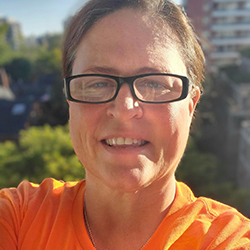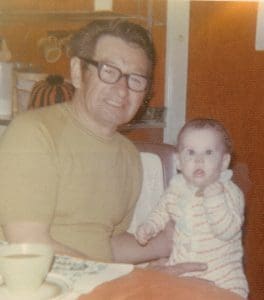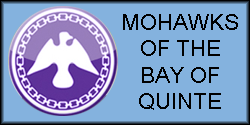Name:
Angela Bradley
Preferred pronouns:
She/Her
Tell us about yourself.
I am a female identifying Grandmother of two who has worked at Community Living Toronto for 20 years. I was raised by a physically disabled single mom. In the past couple of years I have been on a path of discovery of my indigenous heritage and identity.
Your Personal Journey
What are the challenges facing indigenous peoples?
Indigenous History Month seeks to recognize not only the historic contributions of Indigenous peoples to the development of Canada, but also the strength of present-day Indigenous communities.
June is National Indigenous History Month. It is a time for all Canadians to reflect on the unique histories, sacrifices, cultures, contributions, and strengths of our First Nations, Inuit, and Metis Peoples – because only by understanding our past can we hope to create a brighter future.
National Indigenous History Month invites Indigenous Peoples to celebrate their history in the spirit of pride and preservation. For non-Indigenous Canadians, it is an opportunity to learn and show recognition of the role Indigenous Peoples have played and continue to play in shaping Canada.
It is challenging as our history is one of misinformation and a lot of hurt. It is also presented as a homogenous group and it is not.
“Indigenous peoples” is a collective name for the original peoples of North America and their descendants.
The Canadian Constitution recognizes 3 groups of Aboriginal peoples: Indians (more commonly referred to as First Nations), Inuit and Metis. These are 3 distinct peoples with unique histories, languages, cultural practices and spiritual beliefs.
More than 1.67 million people in Canada identify themselves as an indigenous person.
These are our countries first people who have not been treated well and are misunderstood and smeared by the media through perpetuated stigmas and stereotypes. Their culture destroyed. Their lands stolen and their children kidnapped, abused and many died. Indigenous groups have been pushed into lives of poverty, disgrace oppression and suppression.
My grandfather was a proud indigenous man. He was also a proud Canadian and fought for Canada in World War 2. He lost his status before I was born as a result of his military service. I grew up close to the reserve and his families lands but had a complicated relationship with it all.
I am an indigenous woman who is discovering, reclaiming and reconnecting to my identity.
Who or what inspires you in this topic? Why?
I am inspired because I now see how important it is to speak up and be proud of my history and my bloodline. I never understood that before. And I have a story to share that is uniquely mine.
Where can someone go to learn more or get involved?
I’d love to hear from anyone else who is also on their journey and wants to share through storytelling. abradley@cltoronto.ca
To learn more about my culture specifically in my region:
National Indigenous History Month:



![Community Living Toronto [logo]](https://cltoronto.ca/wp-content/themes/communitylivingtoronto2/img/clt-logo.jpg)